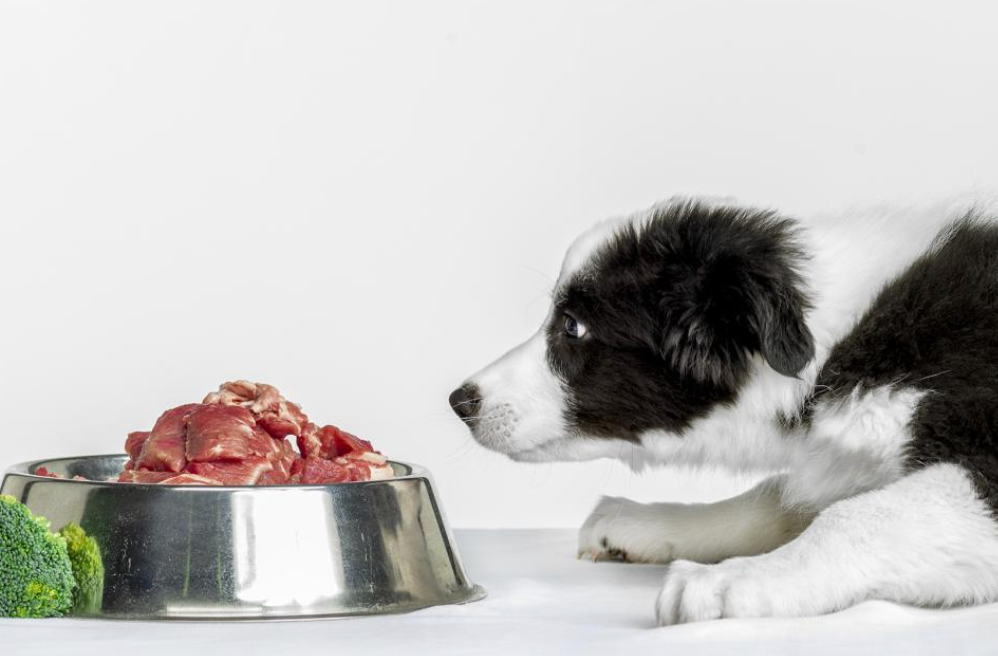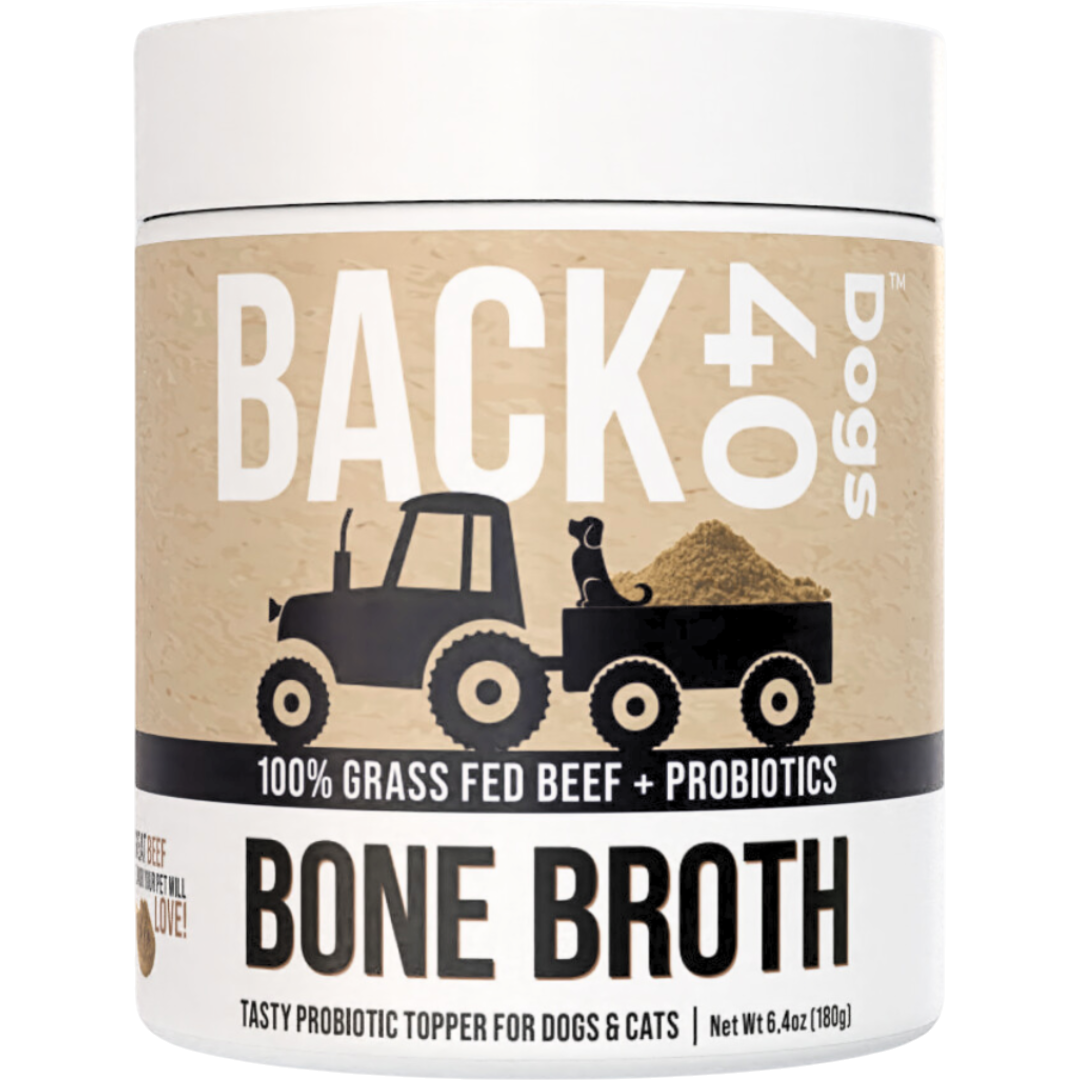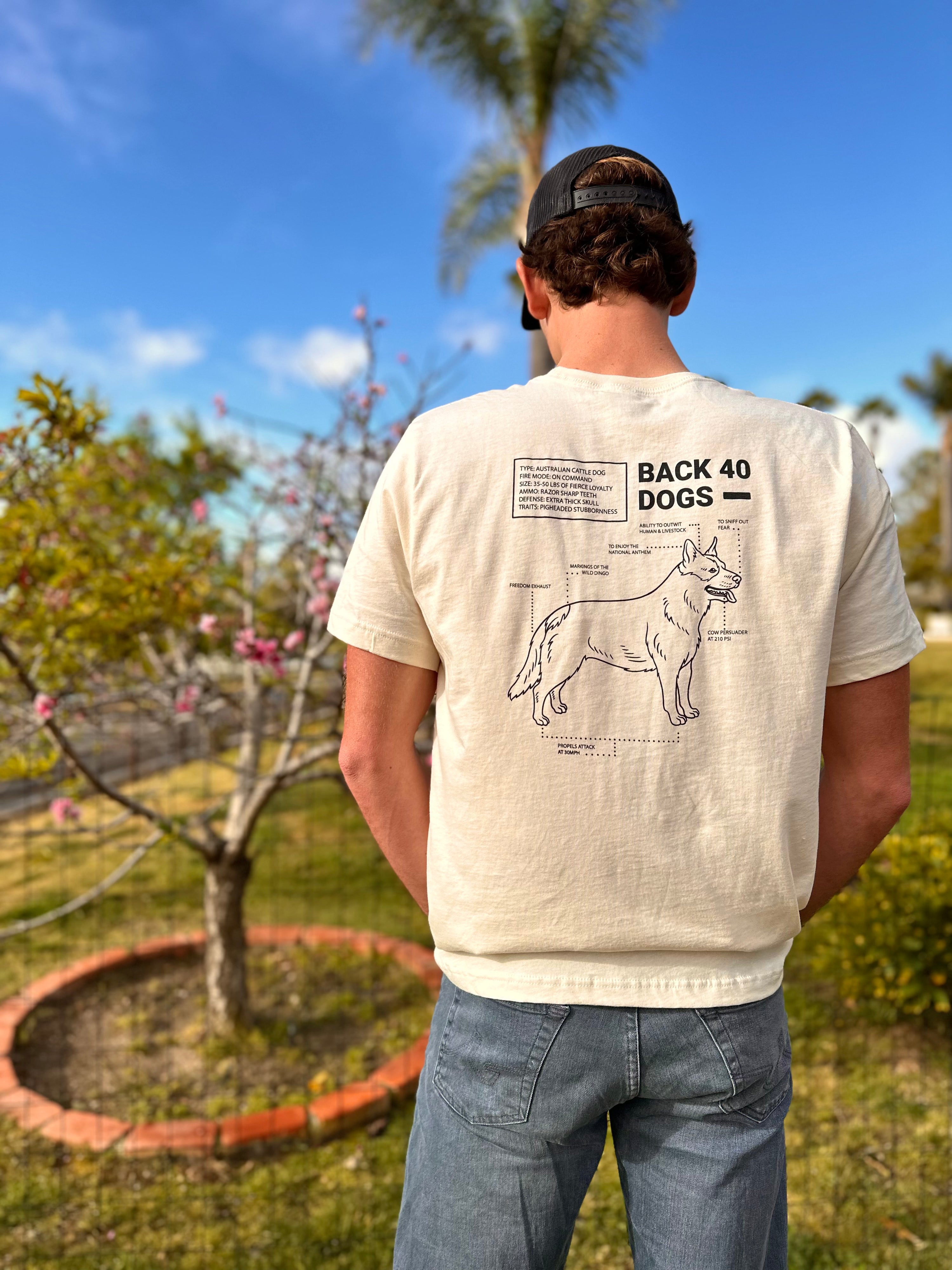

· By BACK 40 Dogs
Diet Diversity Dilemma: EXTREMELY IMPORTANT
Diversity in a dog's diet is essential for maintaining optimal health and nutrition. Just like humans, dogs require a variety of nutrients to thrive and stay healthy. A diverse diet ensures that your furry friend is getting all the necessary vitamins, minerals, and amino acids they need to maintain strong bones, healthy skin and coat, and a strong immune system.

There are several reasons why diversity is important in a dog's diet. First, it helps to prevent boredom and ensure that your dog enjoys their food. Dogs can get tired of eating the same thing day in and day out, and a diverse diet can keep their taste buds stimulated and prevent them from becoming picky eaters. Second, a diverse diet can help prevent food allergies and sensitivities. When a dog is fed a limited diet, they are more likely to develop allergies to certain ingredients or proteins. By introducing a variety of foods, you can reduce the risk of developing food allergies and sensitivities.

So, how can you ensure that your dog is getting a diverse diet? Here are some steps to take:
-
Mix up their protein sources: Dogs require protein to build and maintain muscle mass. However, different protein sources offer varying nutritional benefits. For example, chicken is high in niacin and vitamin B6, while beef is high in iron and zinc. By rotating your dog's protein sources, you can ensure that they are getting a variety of essential nutrients.
-
Incorporate fruits and vegetables: Fruits and vegetables are an excellent source of vitamins, minerals, and fiber. Some good options to consider include sweet potatoes, green beans, blueberries, and carrots. These can be added to your dog's meals as a healthy and nutritious supplement.
-
Consider adding supplements: Depending on your dog's specific needs, you may want to consider adding supplements to their diet. For example, omega-3 fatty acids are beneficial for healthy skin and coat, while probiotics can promote good digestive health. There are even natural ways to prevent plaque and tartar on teeth such as Kelp!
-
Avoid overfeeding: While diversity is important in a dog's diet, it's also essential to ensure that they are not overfed. Obesity is a significant health concern for dogs, and it can lead to a host of health problems, including joint issues and diabetes. To avoid overfeeding, be sure to follow the recommended serving sizes for your dog's size and activity level.
-
Be mindful of food allergies: Just like humans, dogs can have food allergies and sensitivities. If you notice that your dog is experiencing digestive issues or skin irritation, it may be a sign that they are allergic to a particular ingredient. Be sure to consult with your veterinarian if you suspect that your dog has a food allergy.
In conclusion, diversity in a dog's diet is crucial for maintaining optimal health and nutrition. By incorporating a variety of protein sources, fruits, vegetables, and supplements, you can ensure that your furry friend is getting all the essential nutrients they need to stay healthy and happy. However, it's important to consult with your veterinarian before making any significant changes to your dog's diet, as they can provide personalized advice based on your dog's specific needs and health history.
Share:
1 comment
-
I want to order some dog food
Denis skog on





